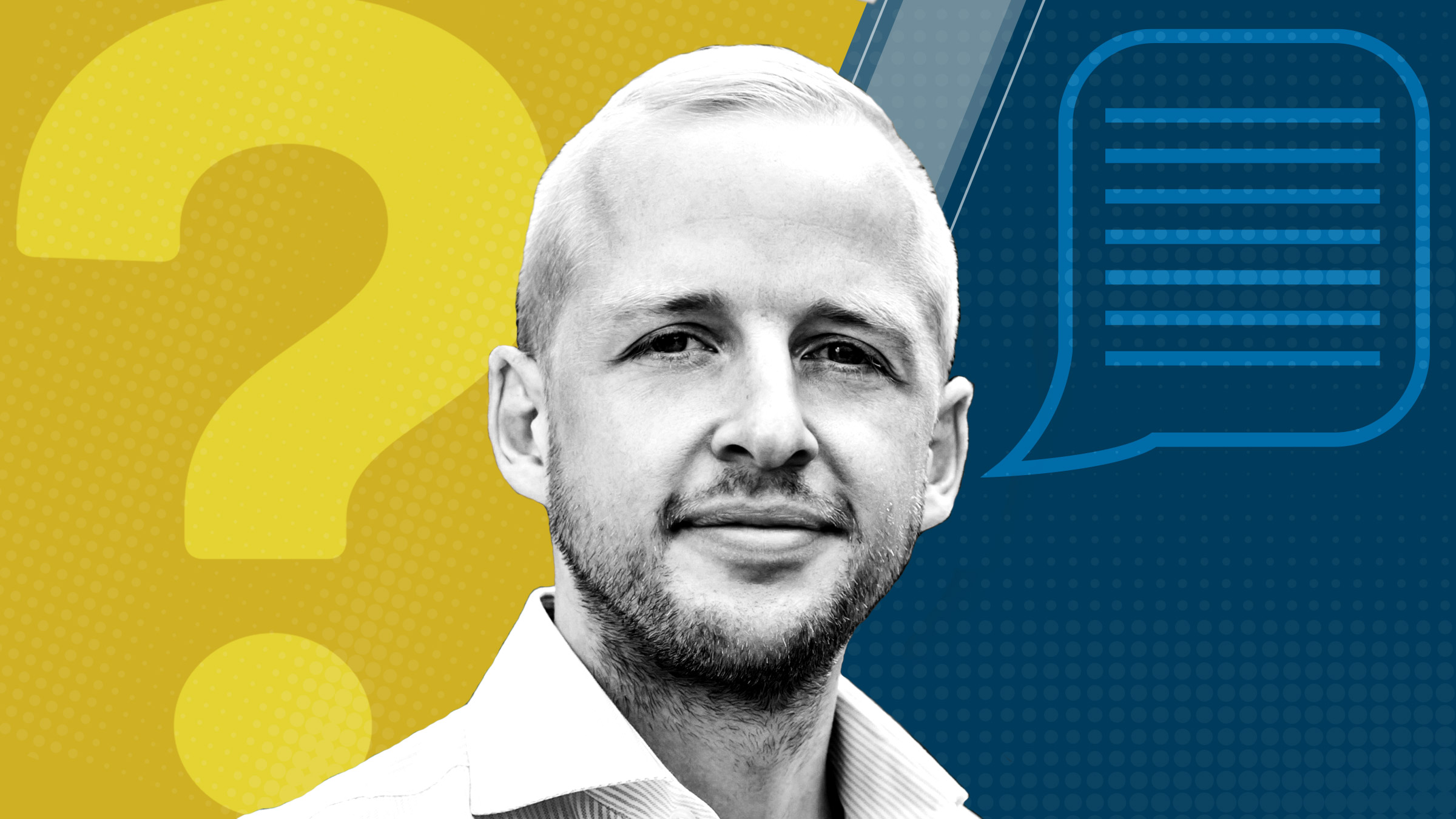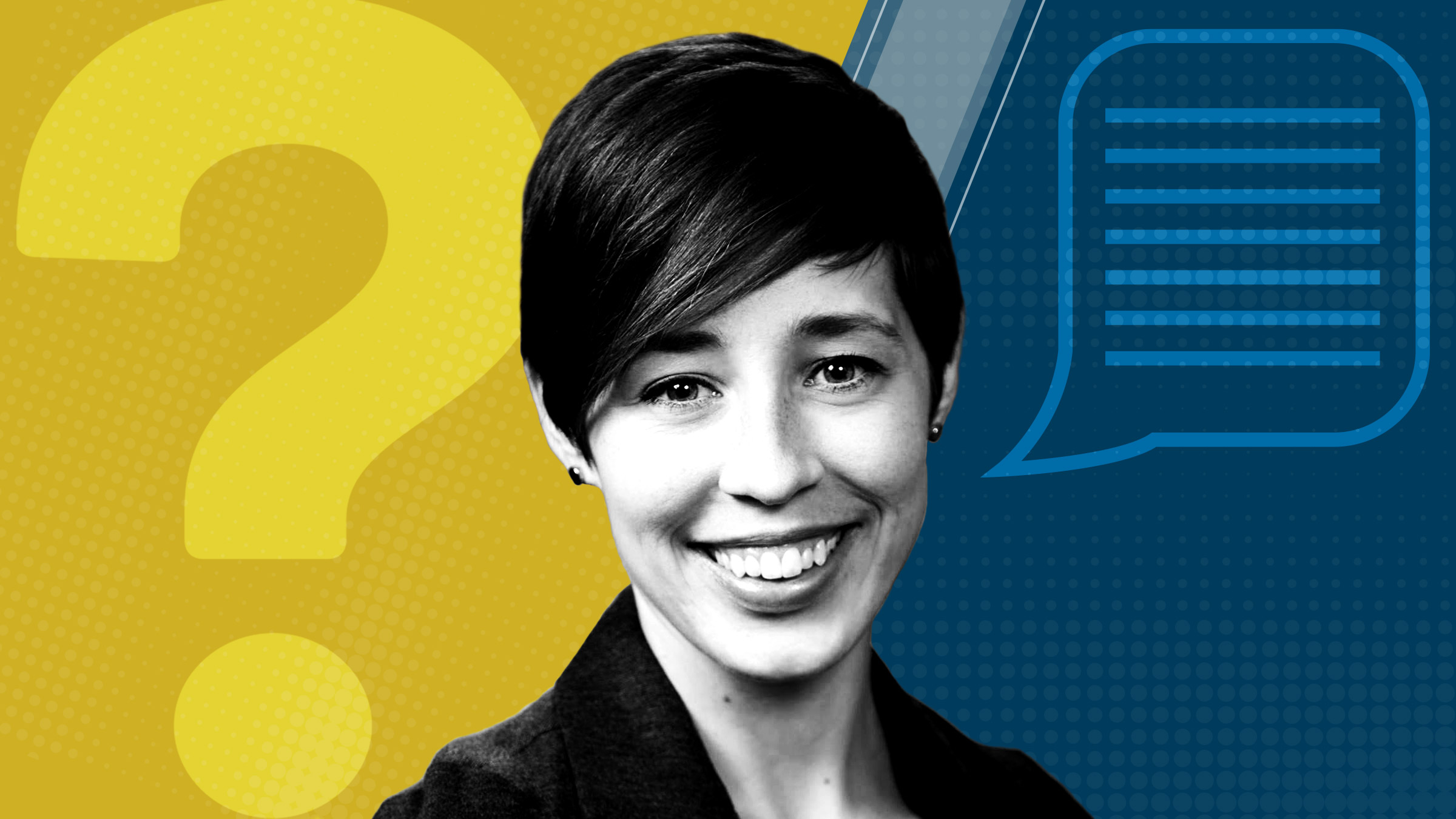Sometimes, the best way to understand an idea is to meet the people who devote their time and energy to studying it.
The Opportunity & Inclusive Growth Institute’s mission to conduct and promote research that will advance economic opportunity and inclusive growth for all Americans means engaging with a diverse group of scholars who approach opportunity and inclusion from many angles. This series of short Q&As spotlights those individuals, what led them to economics, and how their research connects to opportunity and inclusion. Plus: the most useful ideas in economics, abandoned projects, podcasts, and economists to lunch with.
For this installment, Institute Writer Landon Peterson sat down with Pinghui Wu, an economist with the New England Public Policy Center at the Federal Reserve Bank of Boston and a member of the Institute’s System Affiliates Board, to discuss working toward an inclusive labor market, how job loss can impact college dropout rates, and having confidence in a project.
What made you decide to study economics?
When I was in college, I had zero interest in economics. My major was social work, and during college I did an internship with families of disadvantaged workers. There was a lot of drug abuse and domestic violence, a lot of despair in the neighborhood I was in. I was left wondering, Why couldn’t some people find work? Why weren’t their skill sets valued in the labor market anymore? It led me to start looking for answers, and at the time, a lot of the individuals I was working with were trade-displaced workers, meaning their jobs had moved overseas to China or other countries where labor was cheaper. This led me to economic literature on the topic, and as I was reading, I found it very interesting—there were compelling reasons for why some people’s jobs had disappeared. After I graduated college, I enrolled in a joint graduate program in social work and economics at the University of Michigan, and eventually I became an economist.
What do you think is one of the most useful ideas in economics?
As someone who studies workers, I think the most useful idea in economics for me is how we can derive labor demand by learning about a firm’s production function. That is, we can figure out how much demand there is for workers by looking at how much a firm produces given its inputs. Factors like changes in technology, import competition, and changes in the business market—for many of those things, we can use a production function to summarize how they affect a worker’s marginal product and how that affects the labor demand for specific types of workers. It’s powerful how we can use a very simple function to think about how macroeconomic factors shape the employment environment of different workers.
What are you studying right now?
I am studying how job loss affects the decision of U.S. working college students to drop out. Over 50 percent of the 18- to 24-year-old undergraduate students in the United States also work, so it’s a big group. My co-author and I find that when students lose their job, they are more likely to drop out of school, but how much more likely depends on whether they can borrow using a credit card to compensate for their lost earnings. What’s more, the size of this impact has grown over the last decade. We find supporting evidence that the larger impact of job loss partially reflects that students have had less access to credit through credit card loans after the Credit Card Accountability Responsibility and Disclosure Act was passed in 2009, which inadvertently inhibited the ability of students to borrow and thus remain in college when their earnings fell.
What do you want to study next?
My next project studies the changes in U.S. workers’ lifetime career mobility over the last five decades. There has been a lot of interest in the connection between the opioid overdose epidemic in the United States and the labor market prospect of less-educated workers. To gain better insight into this question, I plan to explore whether the lifetime career mobility of these workers has changed over time. And if so, does the change in mobility contribute to the deterioration in certain public health outcomes we are seeing over the same period?
How does your research relate to economic opportunity and inclusive growth?
At the core of the questions I’m asking, I’m interested in how work defines how a person relates to their community in today’s society. Specifically, I am interested in learning about the macroeconomic factors that affect a worker’s ability to derive economic security and a sense of value through their employment. I think that’s essentially what inclusive growth is all about: How do we include everyone to make sure that all workers can find a place to connect with others in the labor market and in the economy?
Have you ever decided to abandon a project? Why did you abandon it?
I think the better question is, Has anyone not decided to abandon a project at some point? So, yes. Many, many times. And a lot of times, it’s for two reasons. First, I don’t see something interesting coming out of a project. If the finding of a project does not offer new insight that is not already known, then there is limited added value to pursue the project further. Second, if I have doubts about my own data or method, or how credibly I can identify the answer to my research questions, then I do not feel comfortable publishing the results.
What is the best piece of advice you’ve read or received?
The advice is to not be a perfectionist when it comes to publication, because there’s never going to be a day when you are 100 percent happy with the way that you write or the method that you employ in your research. If you have carefully identified a result and done a decent job presenting that finding, then you should move on and not be stuck trying to perfect one project. That’s something that multiple advisors from my graduate program told me, and I think it’s something that any researchers who have a tendency to overcriticize their own work should remember: You shouldn’t be a perfectionist, otherwise it’s hard to be productive.






